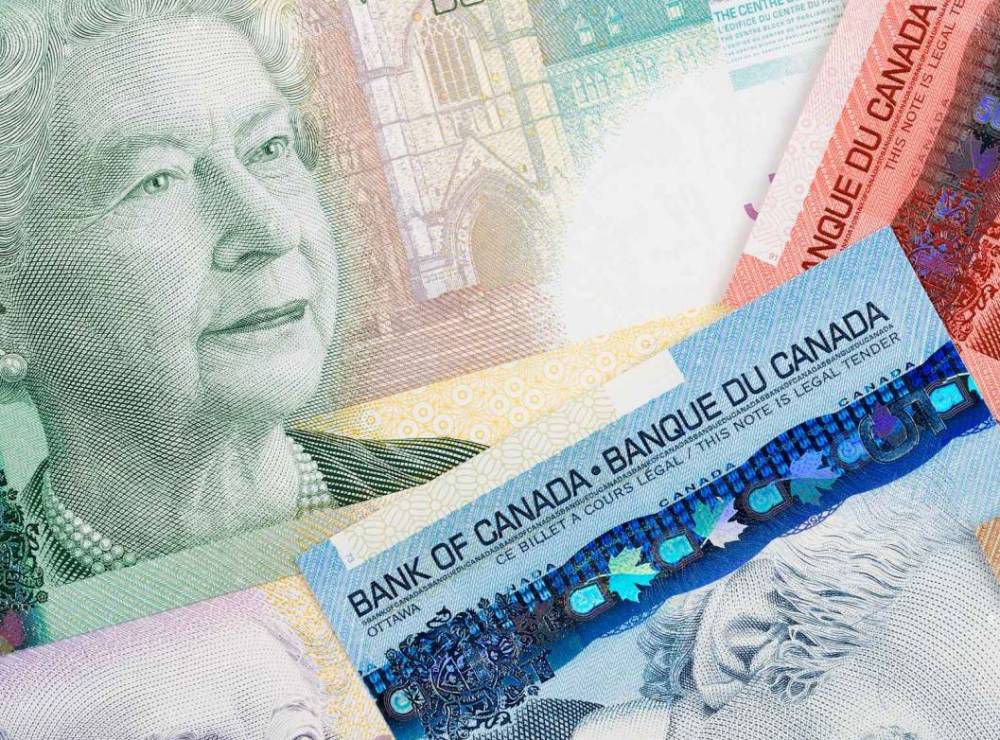
“Debt swap,” “blended finance,” “green bonds” — the development finance world is increasingly composed of small words, with big meanings, that few people completely understand. What is development finance and what does it mean to a small island developing state like Saint Lucia?
It is a necessary requirement for our survival. For the global community, it is a mechanism to translate values and principles into action. Development finance is the necessary fuel to power the engine to create the future we want.
Along with other Small Island Developing States (SIDS), Saint Lucia faces many serious development challenges due to our vulnerabilities to internal and external shocks. These vulnerabilities include the severe impact of natural disasters and the negative effects of climate change. In 2010 alone, Saint Lucia lost 43% of its GDP overnight to damages caused by hurricane Tomas.
Devastation and rebuilding is our lived reality as we sit on the frontline of increasingly powerful storms. The cost of climate change in Saint Lucia is particularly vivid. Torn bridges, flooded communities, the disruption of electricity and telecommunication services, and the constant threat to human lives.
Added to this scenario is a shortage of investible resources, limited fiscal capacity and flexibility to meet investment requirements, decreasing access to foreign direct investment and ODA and high ratios of government debt to GDP, due to the consistent borrowing to rebuild after natural disasters.
Debt service absorbs significant proportions of fiscal revenues compounding difficulties of financing long-term development and the delivery of social services such as public health and security.
Despite our challenges, Saint Lucia remains committed to the global agenda for sustainable development. We are a resilient people, we continue to punch above our weight against the backdrop of insurmountable development pressures. We remain the country with the highest number of Nobel Laureates per capita. We continue to innovate and turn challenges into opportunities.
A recent example is Johanan Dujo, the young founder of Algas Organics, who created a formula to transform the harmful sargassum algae, that in recent years has become a plague on our beaches, into environmentally friendly agricultural fertiliser.
One can only imagine how much greater our contributions to the world could be, how much more swiftly we could develop in a fair and just international enabling environment.
Our future is daunting. The cost of inaction on climate change in Saint Lucia has been calculated to be at 12.1% of GDP by 2025, rising to 24.5% by 2050 and 49.1% by 2100.
To avoid the catastrophic consequences of climate change and secure sustainable and inclusive growth that leaves no one behind, we need to join efforts in a very coordinated and effective way.
As Prime-Minister of Saint Lucia, I do not have the luxury to wait for the international system to adjust to the special needs of countries like my own, while natural disasters continue to threaten and erode the gains we make in our sustainable development. It is my considered view that development finance is an imperative and not an option within the full context of the 2030 Agenda for sustainable development, particularly for small island states.
That is why Saint Lucia has partnered with the World Economic Forum to jointly implement a Country Financing Roadmap, a comprehensive financing plan to optimize the mobilization of capital. This new initiative will serve as a platform to engage the private sector, civil society, academia, and the government.
It builds on efforts already made, harnesses collective intelligence, and leverages global expertise to build one common vision and action plan to unlock SDG financing for Saint Lucia, as the prototype for small island states.
Development finance is much more than numbers, formulas, and complicated words. It has to reflect our values and principles. It is the fuel to power the engine required to build the society, the present, and the future we want.
In Saint Lucia, we invite all stakeholders to create with us a different engagement to fight our global challenges. An additional contribution of small states is that we have the appropriate size to pioneer systemic change. We hope you will join us in this journey.
[“source=forbes”]



